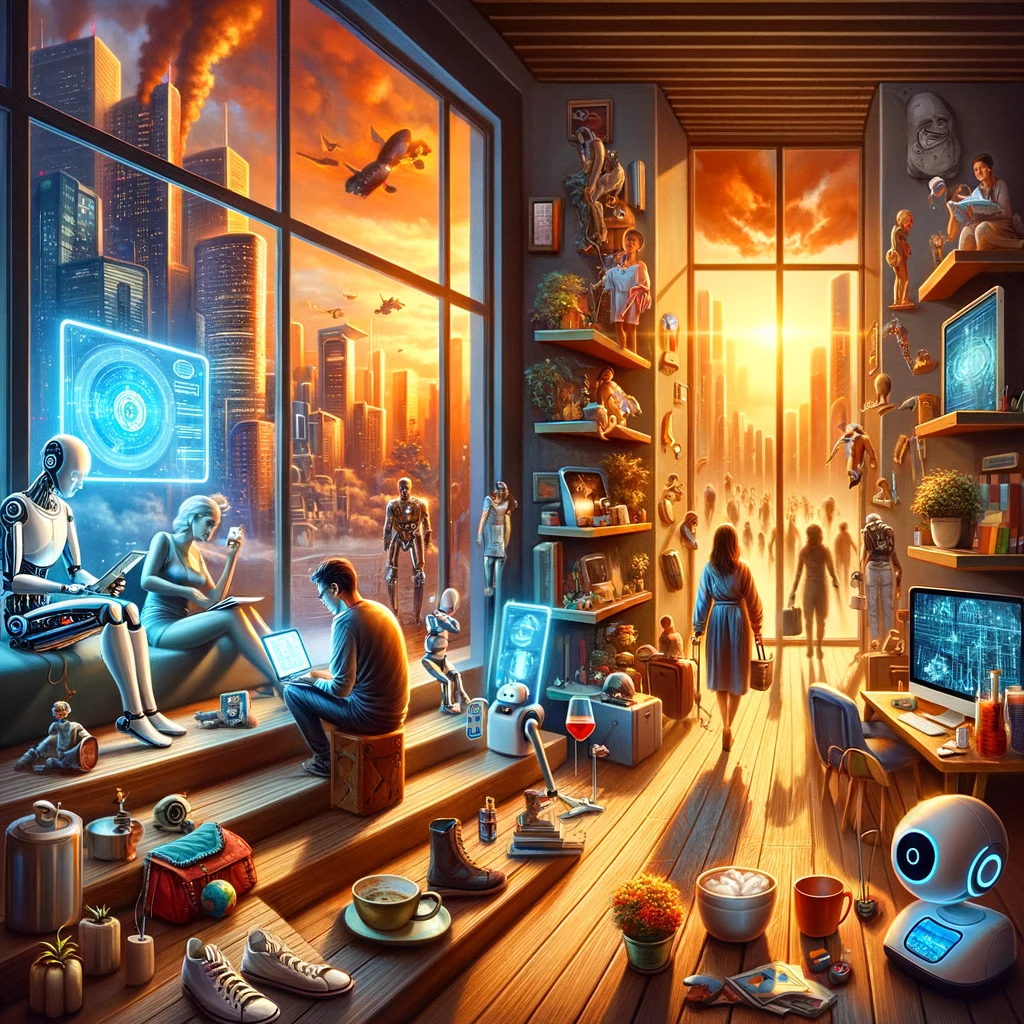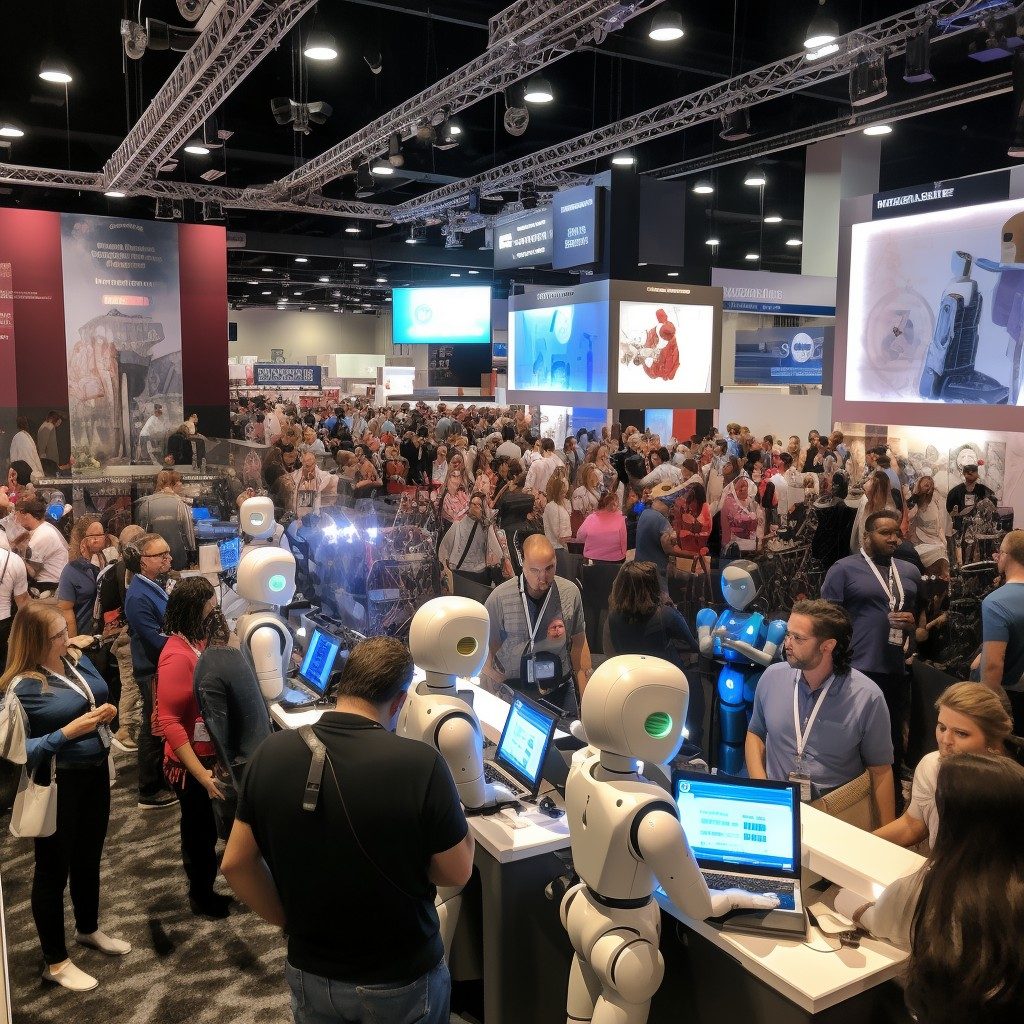In a world where the “Impact of AI” stands poised to redefine our existence, a recent report from Elon University presents a sobering forecast. While promising to streamline our daily routines, AI’s pervasive influence is projected to cast a shadow over aspects fundamental to human flourishing. Amidst these projections, experts grapple with the implications of a future where convenience comes at the expense of personal fulfillment.
As society braces for the transformative effects of AI, the report delves into a nuanced examination of its repercussions on various facets of human life. From the realms of healthcare to societal cohesion, the report offers insights into the complex interplay between technological advancement and human well-being. As the dawn of this AI-driven era approaches, stakeholders are left pondering the delicate balance between progress and preservation in the face of unprecedented change.
The impact of AI and consequences for humanity
Artificial intelligence, heralded as a harbinger of efficiency, is anticipated to revolutionize daily tasks, promising a world where mundane errands are swiftly dispatched. Elon University’s survey, drawing insights from 328 industry experts across diverse domains, underscores this narrative of convenience juxtaposed against a backdrop of diminishing personal spheres.
Despite its potential to enhance healthcare diagnostics and transportation efficiency, AI’s impact is poised to reverberate through societal structures, amplifying wealth inequality and eroding democratic processes.
The seductive charm of AI-powered efficiency veils a profound deterioration of interpersonal bonds and privacy, as illuminated by the revelations of the report. With each passing moment, people find themselves more entangled in digital interfaces, leading to a gradual decline in the richness of human relationships, alongside mounting apprehensions regarding data confidentiality and psychological welfare. Maja Vujovic, from Compass Communications, poignantly underscores this paradox, bemoaning AI’s failure to rectify social inequalities despite its capacity for radical transformation.
Ethical dilemmas and regulatory solutions amidst the impact of AI
The ethical dilemmas enveloping the rise of AI cast a formidable shadow, evoking profound existential ponderings about the path of humanity. Eric Saund, a dedicated AI research scientist, sounds the alarm on the ethical labyrinth exacerbated by rapid technological progress, which confronts established norms and values. In the midst of these profound uncertainties, the clamor for regulatory action grows louder, as advocates press for a universal framework to oversee the expansive reach of AI. Nevertheless, doubts linger regarding the effectiveness of regulatory bodies in mitigating the detrimental effects of AI, emphasizing the imperative for nuanced, context-specific solutions.
As society hurtles towards an AI-infused future, confronting the paradoxical promises and perils it entails becomes imperative. Can humanity reconcile the convenience of AI with the intangible joys of human connection? The trajectory of our collective journey hinges on our ability to navigate these turbulent waters, charting a course that preserves the essence of what it means to be human amidst the relentless march of technological progress.
In a world where the line between convenience and contentment blurs, the question remains: Will AI enrich our lives or diminish our humanity?Amidst AI’s encroachment on our daily lives, how can we safeguard the intrinsic values that define our humanity while harnessing the transformative potential of technological innovation?





